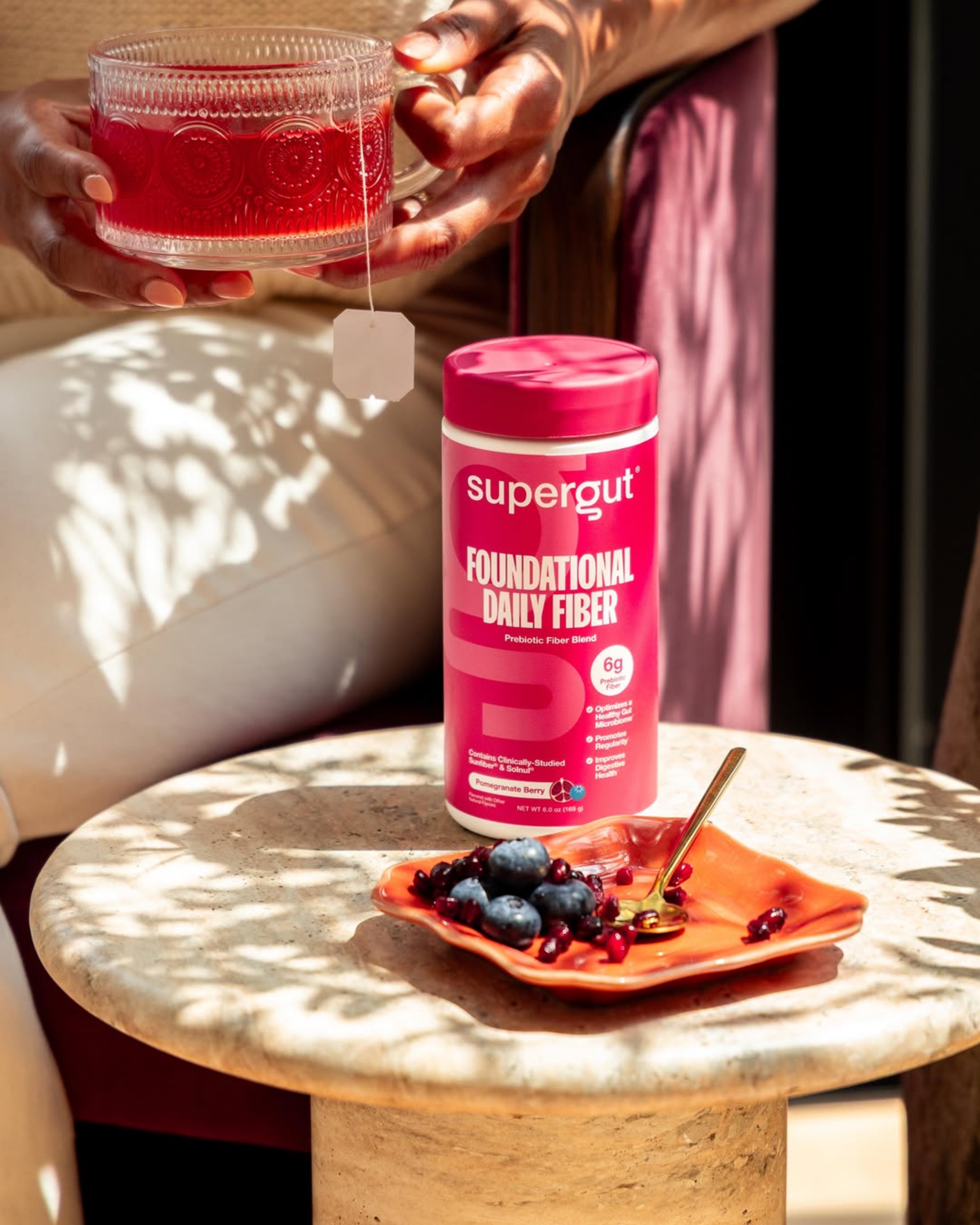One notable example is the burgeoning popularity of African dishes like Jollof Rice, Piri Piri Chicken, and Egusi Soup. Once they break into the mainstream—especially in Western markets—the ways in which these foods are branded often lean towards appropriation or superficial representations of African culture.
Brands like Adùn, which produces ready-made West African meals, have managed to tread this fine line delicately. By working with designers who respect and understand the cultural nuances, Adùn has achieved a balance of authenticity and modernity. The brand has avoided falling into the common trap of relying solely on stereotypical African motifs, such as tribal patterns or vibrant colours, that are often used as shorthand for "African-ness" in Western marketing. Instead, Adùn's packaging focuses on the natural process of cooking, allowing the food itself to tell its own story rather than reducing Africa to a design concept.

In contrast, many Western brands commodifying African cuisine fail to show this same level of care. Often, they rely on outdated, colonial narratives that present African food as 'exotic' or otherworldly, with packaging that feels like a pastiche of what the West imagines Africa to be. The result is a product that may sell well but offers little education or understanding of the culture it represents. The use of stereotypical design elements, such as animal prints or images of savannas, divorces the food from its context and erases the diversity and sophistication inherent in African cultures.
The branding of African food, much like that of other non-Western cuisines, also has the potential to influence how people perceive the entire continent. Africa is not a monolith, yet the way African foods are often marketed in the West tends to flatten its many cultures, languages, and culinary traditions into a single, easily digestible narrative. This approach not only disrespects the complexity of African cultures but also limits the market potential of African brands that wish to tell their stories on their own terms.

The rise of Afro-centric food brands like Egunsi Foods and Yolélé, both founded by Africans, signals a shift in how African food is being represented on the global stage. These brands focus not just on selling products but also on educating consumers about the origins, stories, and health benefits of the ingredients they use. This marks a departure from the purely commercial approach to branding that prioritises Western palates and aesthetics over authenticity. Such brands celebrate Africa in its richness, presenting it as modern, forward-thinking, and relevant in today’s culinary landscape.

But the issue goes beyond packaging and marketing. There is also the question of who controls the narrative around African food. Historically, the majority of companies selling African food products in the West have not been owned by Africans. This results in a detachment from the culture that the food originates from, leading to a brand identity that lacks genuine connection. The globalisation of African food has created opportunities, but it also raises questions about ownership, representation, and equity. When large, often non-African corporations profit from African foods, it raises concerns about exploitation and cultural appropriation.
As the African food scene continues to grow and evolve, it is crucial that the narratives surrounding it remain in the hands of those who truly understand and live that culture. Only then can the globalisation of African cuisine become a force for good, one that celebrates the continent's diversity, supports its people, and preserves its culinary heritage for future generations.






.svg)


.svg)
.svg)






